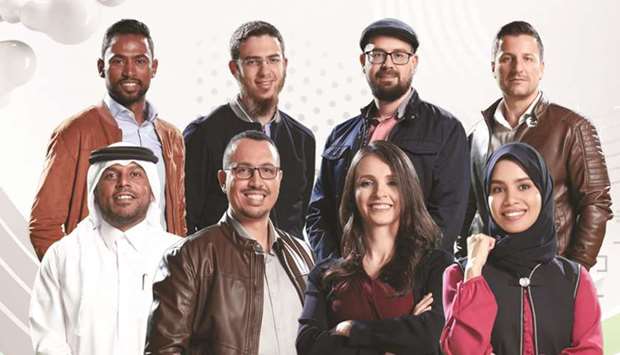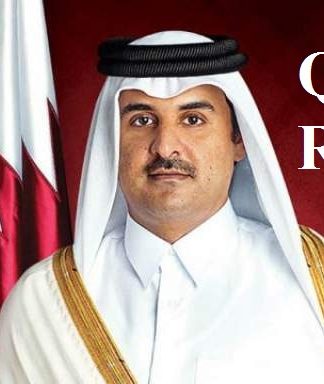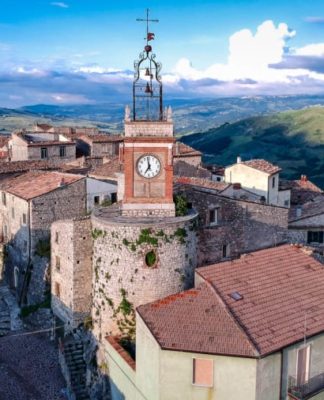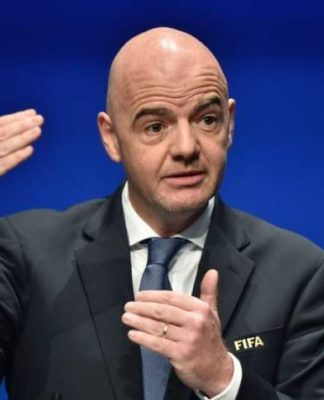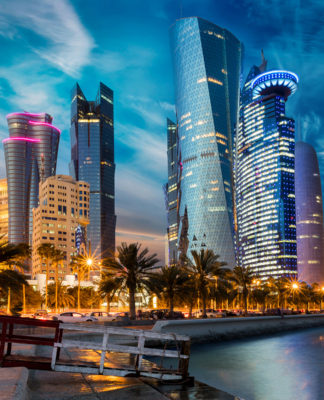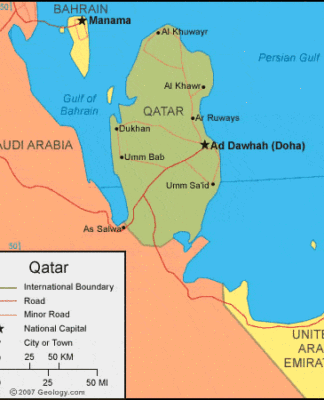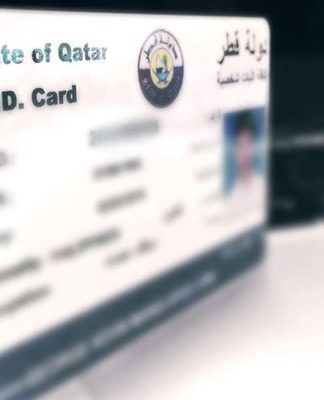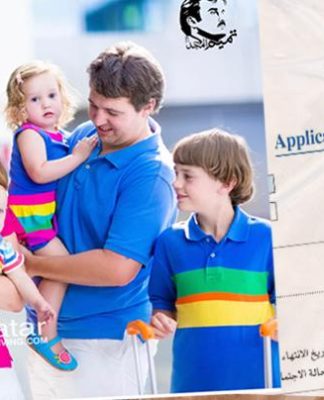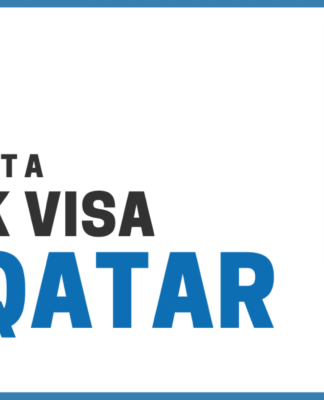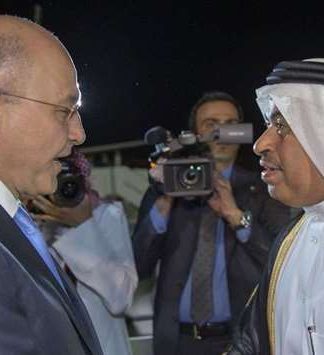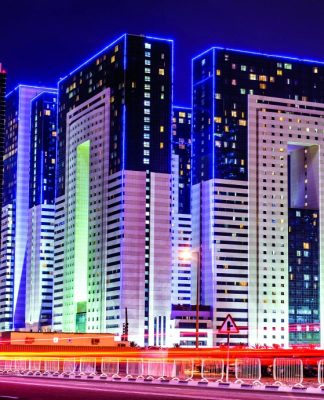Qatar Foundation’s edutainment reality TV show, Stars of Science, has chosen its top eight innovators through extensive auditions – as the competition for the title of ‘Top Arab Innovator’ heats up.
“Presenting your ideas to the world is a courageous thing to do; however, pursuing and fighting all the challenges and hardships you will face takes another level of courage and patience,” said Prof Fouad Mrad, Stars of Science jury member. “This year’s contestants have already shown us this kind of bravery, perseverance, and the star quality we have always been looking for.”
Half of the top eight innovations for Season 11 are of a medical nature. Nuha Abu Yousef, a Jordanian doctor, earned her ticket to enter the Stars of Science laboratory with a wearable device that allows patients with afflicted facial muscles regain control over their affected upper and lower eyelids. Meanwhile, fellow medical professional Youssef El Azouzi from Morocco joined the competition to further develop his design of an affordable flow modulator stent that directs blood flow in heart failure patients toward the kidney to decrease the chances of complication due to heart failure.
Also entering the medical innovation arena is Imadeddine Azzouz from Algeria. The chemist turned his grief for the loss of loved ones from lung cancer into motivation to invent a technology that allows the early detection of cancerous cells through the patient’s breath. Medical student from Sudan, Abdullah Alghaitabi plans to work on his Fertility Indicator Wristband that empowers women in family planning.
Mohamed Kharrat from Tunisia joined the show with the humanitarian purpose of developing Smart Swimming Shorts that would detect an imminent drowning accident and automatically inflate, saving the life of the potential victim by keeping them afloat. Another contestant with a noble cause is Husam Sameer. The Iraqi engineer is keen to protect and secure the planet for future generations by inventing sustainable efficient comfort concrete panels to reduce the use of air conditioning.
The final two innovations supplement cultural and religious lifestyles in the Arab region. Anfal al-Hamdani, an agricultural engineer from Oman, was inspired by the Omani kitchen and created the Dry Lime Auto Extractor to ease the use of this popular cooking ingredient. Abdulrahman Saleh Khamis from Qatar designed an Interactive Educational Prayer Carpet to help Muslims better perform their prayers.
Viewers can tune into Qatar TV and seven other regional channels, as well as watch online, to follow the top eight’s journey in developing and refining their ideas. The show has a brand-new format that puts greater emphasis on sustainability and solving modern challenges. It is set to take place in the recently-refurbished state-of-the-art innovation space of Stars of Science, located at Qatar Science & Technology Park – part of Qatar Foundation Research, Development and Innovation – promoting collaboration between the contestants.
Over the next four prototyping and testing episodes, the contestants will face the dynamic jury, experts, and live studio audience in a battle to secure their place in the Grand Final and have the chance to compete for a share of the cash prize of $600,000 in seed funding.
Source:gulf-times.com














